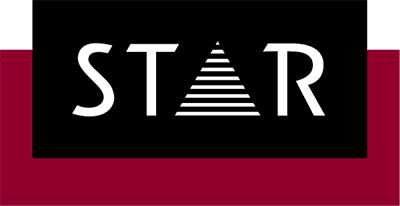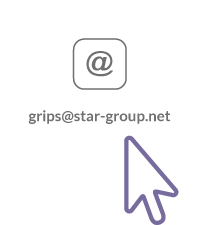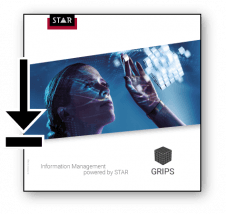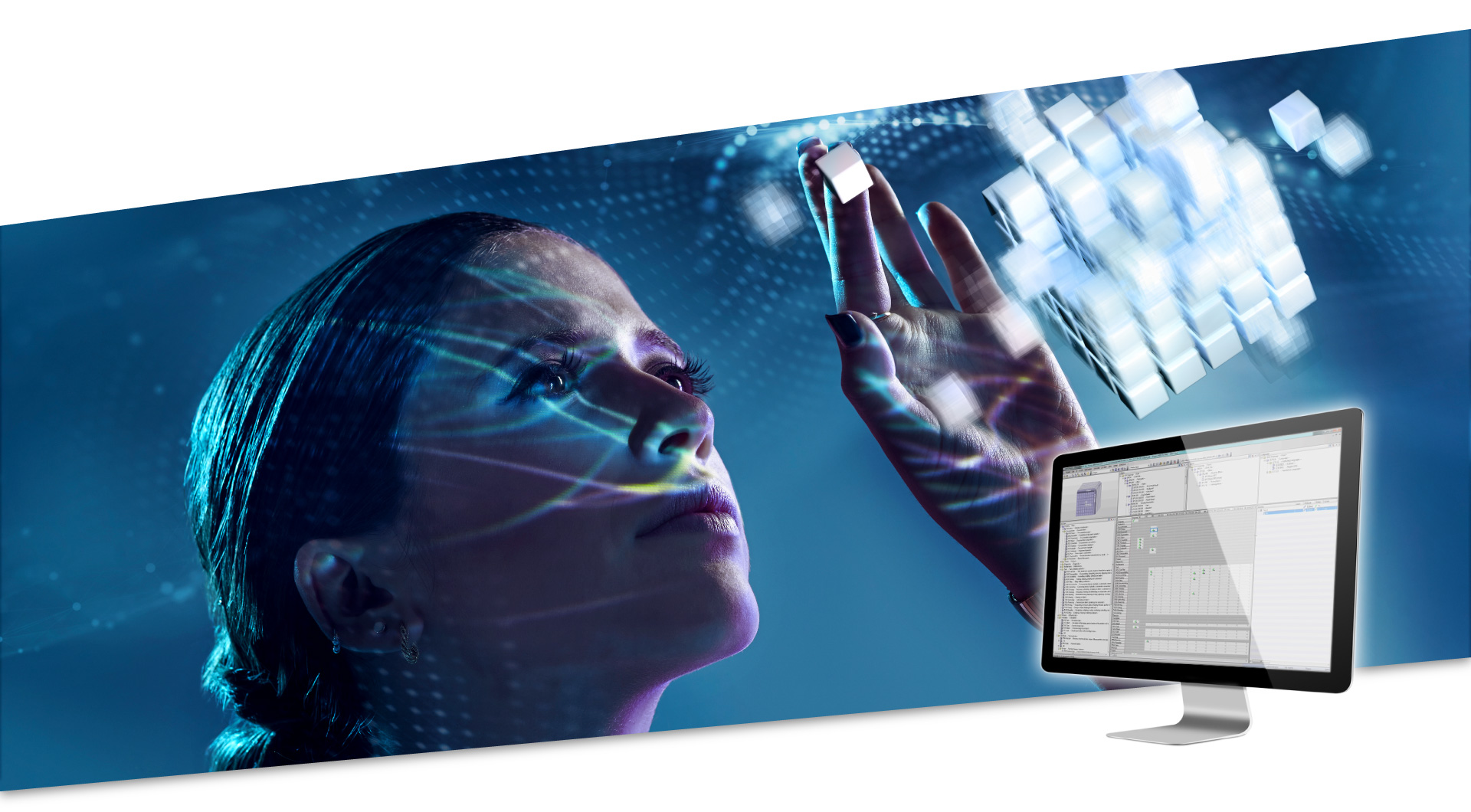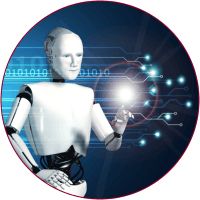Information products with high value for the customer
It is becoming increasingly more challenging to prepare technical content: Products are becoming ever more complex with a rising number of variants, while there is a growing need to cater to additional markets and media. How can content be tailored to respond to these challenges? One possible way is through the use of increasing amounts of metadata, which is recorded and maintained along with the content – yet this can require a great deal of work, is susceptible to errors and does not provide a future-proof foundation for digitalization.
GRIPS (Global Real Time Information Processing Solution) is a cross-language information platform based on knowledge graphs from artificial intelligence (AI). Using GRIPS, information is recorded so that it can be digitally evaluated and subsequently reused on an immediate basis, without the need for additional metadata. Consequently, you can generate intelligent and practically oriented information products with significant benefits for the customer – tailored to the circumstances and customized for all product variants, configurations, markets and channels.
GRIPS synchronizes information with engineering, software development and production: Each piece of information only needs to be recorded once at a single point and is then automatically available and precisely configured for all publications, media, communication channels and digital processes. In other words, this is “digital consistency” – a practice that minimizes the amount of effort involved in research and data collection, reduces the time to market, lowers the cost of information and also closes information gaps when it comes to making constructive changes.
GRIPS explained in brief
Advantages for technical writing
- Quicker flow of information with less effort required for research and editing: Automatic synchronization with engineering / software development / production / customer services
- Simple product variant management: Maximum reusability through variant levels (PI classification), inheritance, filtering and author memory
- Relief from monotonous routine tasks: Partially and fully automated processes for terminology, translation and publication processes through STAR workflow technology
- Future-proof: Artificial intelligence and compatibility with standards such as DITA, S1000D, iiRDS, COTI, etc.
Benefits for end customers / users
- Quicker access to relevant information: Automatically created overviews for tools, materials and technical data
- Increased productivity: Personalized instructions aligned to individual experience
- Simple and safe operation and maintenance: Work processes that correspond to the product and configuration, tool and material lists, data and scheduling
- Effective, scalable support for difficult work processes: Visual and interactive media including 3D applications, videos and animations, augmented / virtual reality
Benefits for service teams / customer service
- Increased productivity and a lower error rate for beginners and professionals alike: Individual information that is tailored to the experience level and configuration
- Quicker troubleshooting: Dynamically generated optimized diagnostic procedures (“guided diagnostics”)
- Simpler scheduling and invoicing: Integrated work value / work time management and configuration-appropriate output of the required materials
- Integration into the IT landscape: Cost-effective integration of service information into existing systems (e.g. dealer management systems)
Benefits for digitalization
- Cost-effective, fast digitalization projects: Content of the product documentation can be fully analyzed by machines
- Agility and flexibility: Integrated semantics to support interactive applications and customer-friendly services
- Optimized basis for machine learning and AI projects: Knowledge graph-based information model
- Expansion to after sales information hub: Web service interface and assistance services with PRISMA as a delivery system and GRIPS as an author system
